In the May 31, 2019 issue of Science, young scientists lent their perspectives on personal sustainable behavior change in the article NextGen Voices: Science-inspired sustainable behavior. The Emory Office of Sustainability Initiatives recently posed the same question to our weekly newsletter readers: How has your awareness of science inspired you to adopt more sustainable and environmentally friendly behavior? Our takeaway? Making environmentally-aware changes in your everyday behavior like how you eat and commute may be more accessible than you think. Read on for some responses from the Emory community.
Want to add your voice the conversation? Tell us more about how science has inspired your behavior changes.
__________________________________________________________________________________
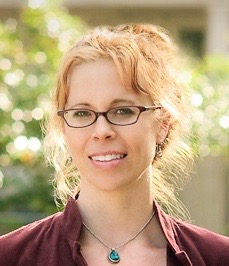
“My husband is an environmental scientist, and we’re both committed to doing what we can to protect the environment. For example, we eat a largely plant-based diet, we make an effort to fly less for international projects, and we’ve made the choice to not have children. These decisions are inspired by a deep respect for non-human life, as well as concern about the impacts of climate change on vulnerable communities – and ultimately on all of us.” – Dr. Sydney Spangler, Assistant Professor at the Nell Hodgson Woodruff School of Nursing, member of faculty Sustainability Advisory Council, and former co-leader of the Piedmont Project
__________________________________________________________________________________
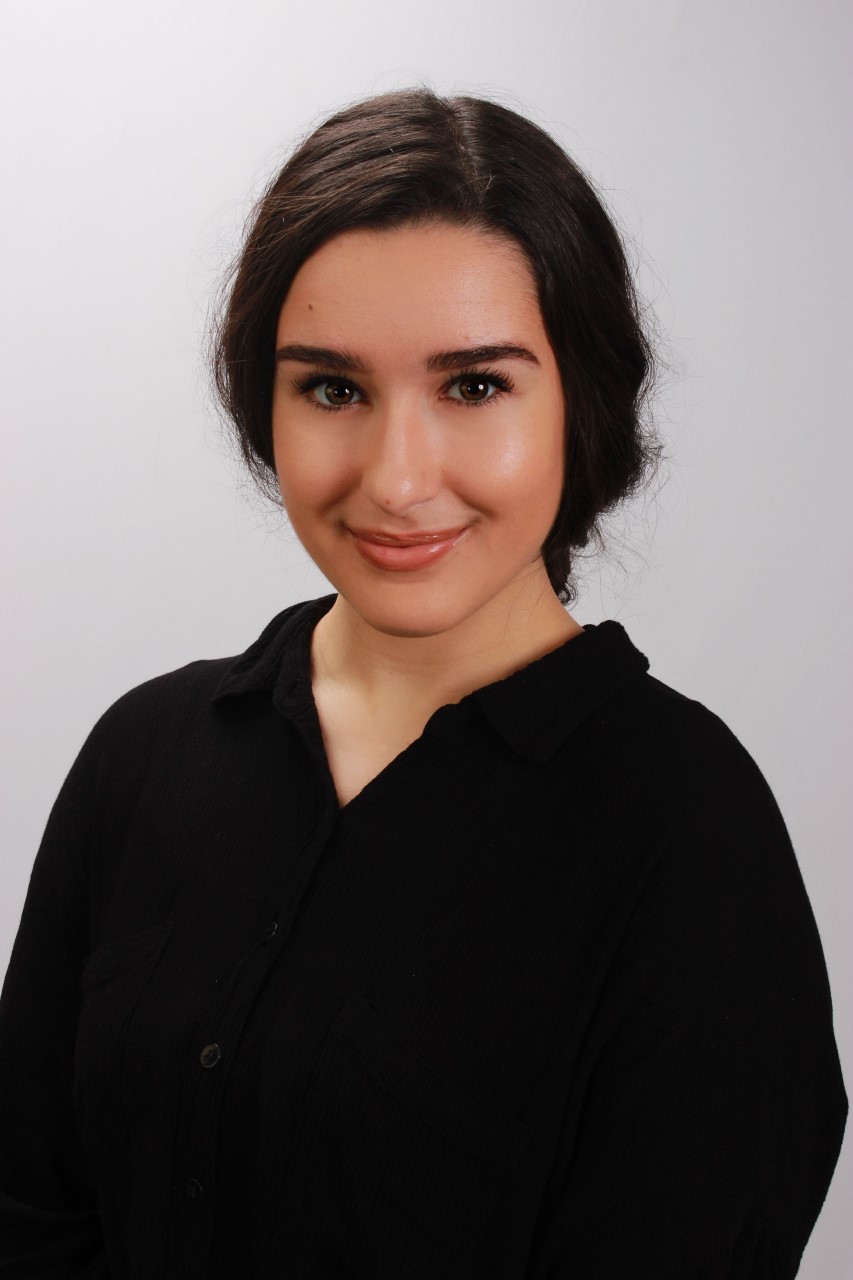
“To use energy, we each release carbon dioxide into the air. Wrapping my mind around the concept that I am personally contributing to these emissions has led to life-changing habits in my kitchen, my favorite room in my home. I make sure I know exactly what I want out of the freezer before I open it so I don’t leave it open it too long and waste energy. The longer I can preserve the efficiency of my cold-storage equipment, the less I have to worry about its disposal. If not disposed of properly, the refrigerants inside all fridges eat up the ozone layer, further contributing to climate change. I also unplug my toaster oven after each use, because why would I want to be charged on plug loads and emit more unnecessary CO2?” – Elena Jordanov, Rollins School of Public Health, Class of 2020, Environmental Health
__________________________________________________________________________________
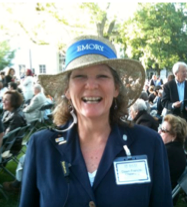
“I work to make our efforts easy: at every event I facilitate I take a “Sustainability Moment” (less than a minute at the start) where I tell all present how to recycle the food/beverage at the event. I follow up by checking/sorting bins as needed. I show the example on a daily basis in the Libraries/LITS; with junk mail, food, containers, boxes, packaging and am widely available (utilized regularly) with the question ‘What do I do with this?’” – Dawn Francis-Chewning, Educational Analyst and Building Sustainability Representative
__________________________________________________________________________________
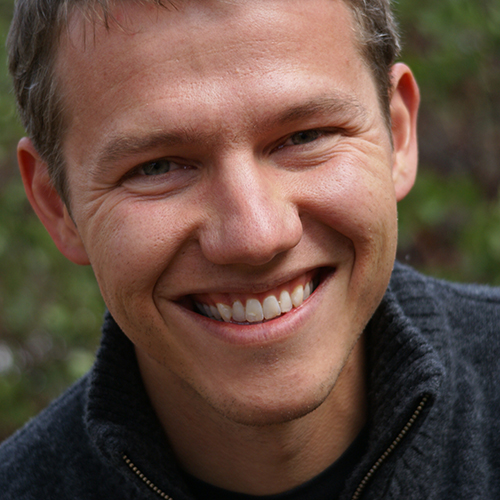
Dr. Berry Brosi engages in sustainable behaviors like “biking to work >95% of the time, to reduce carbon footprint while getting exercise, including biking two kids to school on a cargo bike; purchasing a used electric vehicle to cut down on the materials used to make a new vehicle and to increase energy efficiency of short car trips; composting and recycling at home and on campus; recycling hard-to-recycle items from home, e.g. taking plastic bags to Whole Foods, bringing e-waste to Atlanta’s CHaRM (center for hard to recycle materials), and bringing batteries and glass to Emory to recycle; extensive re-use, including washing and re-using plastic bags and food containers such as yogurt cups; buying local food through the Freedom Farmer’s Market (we walk or bike there) and through Fresh Harvest delivery; for food we can’t source locally, selecting organic options; selecting food based on production location (e.g. not buying produce from Chile or New Zealand, etc.); eating less meat and focusing meat choices on local / sustainable operations such as White Oak Pastures and Riverview Farms; choosing Marine Stewardship Council certified seafood; and weekly meal planning to reduce food waste.” –Dr. Berry Brosi, Associate Professor of Environmental Sciences and member of Sustainability Faculty Advisory Council
__________________________________________________________________________________
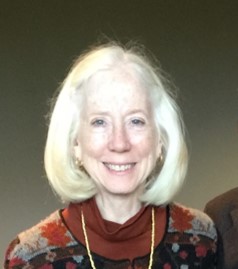
“I first learned about the impact of “car habitat” on Atlanta from the Peavine Creek Watershed Alliance–both the runoff of oil and the impact of storm surges. It motivated me to change some landscaping in my yard to slow runoff. When I learned about the social justice impacts of garbage in landfills, it motivated me to sign up for a compost pickup service. Now my waste is fertilizer!” -Dr. Peggy Barlett, Goodrich C. White Professor of Anthropology and member of Sustainability Faculty Advisory Council
__________________________________________________________________________________
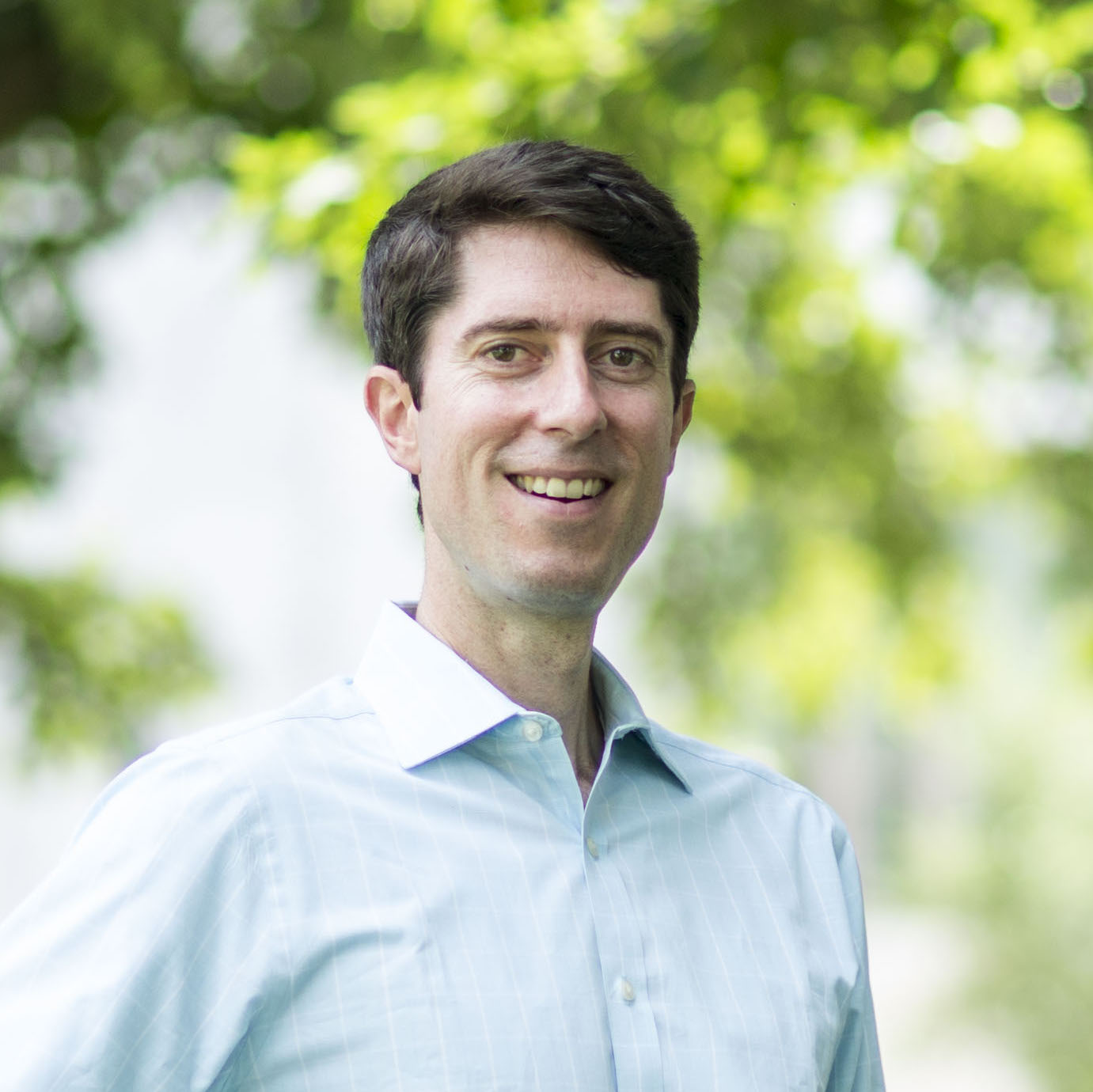
“When I learned what a large proportion of our institution’s carbon emissions come from daily commuting, I recommitted myself to bicycle commuting every day and to encouraging others to use an alternative to an individual vehicle. Between 2005 and 2014, we reduced faculty and staff commuting emissions by more than a quarter. And around half of those people used an alternative means of transportation to a car. But we need to do better. “ – Dr. Thomas Rogers, Associate Professor of History, Sustainability Faculty Advisory Council
__________________________________________________________________________________
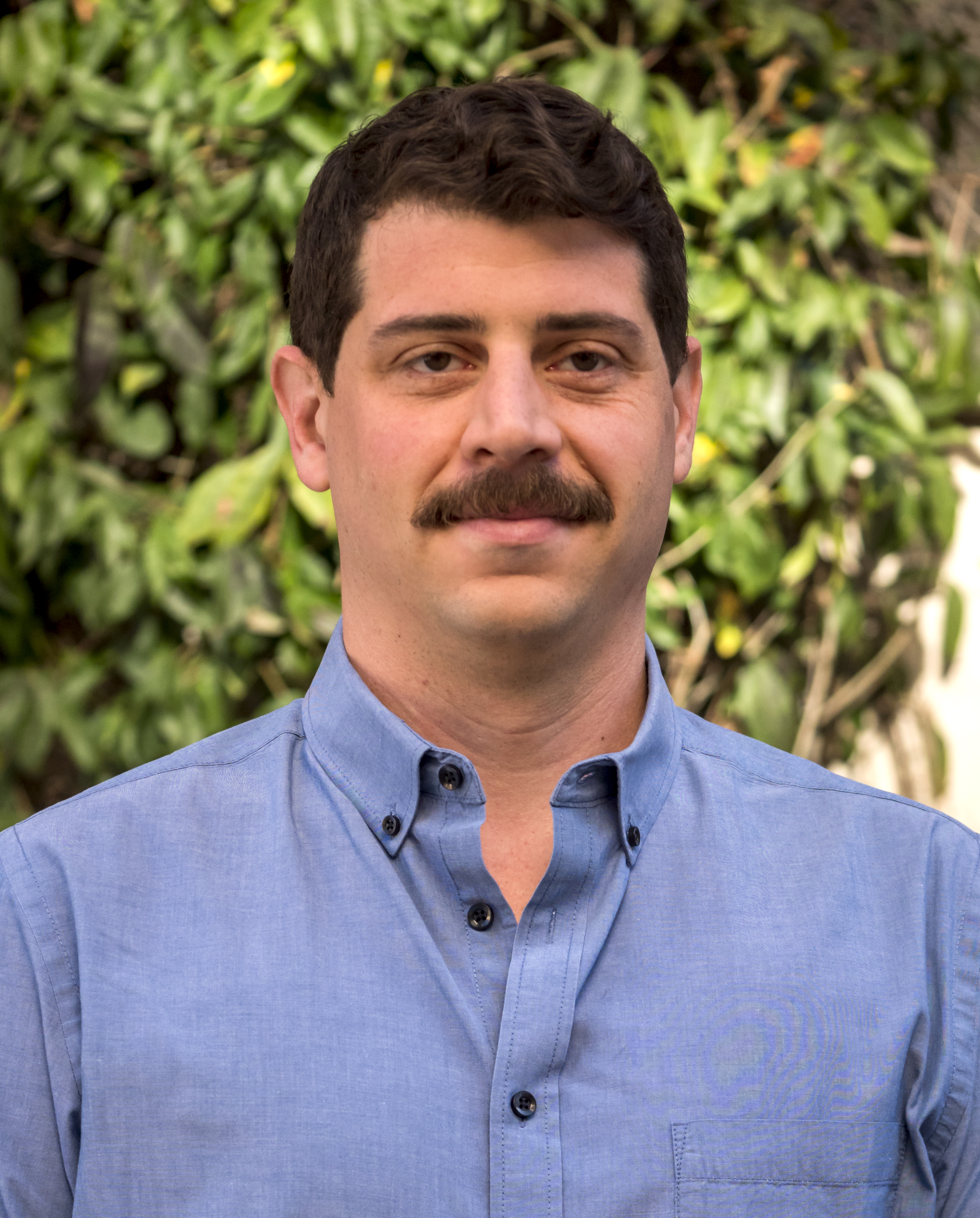 “I began working in the food service industry at age 15. I spent years watching as unused food was thrown in the trash. Very few workers would take the time to rinse plastic or aluminum containers and recycle them, or recycling wasn’t even an option. There was so much waste produced that it was startling and I began to wonder why this was the status quo. I decided to focus on waste reduction and environmental health, before getting my MPH. Since then I have been more conscious of the waste I create. I only buy the amount of food I need, and compost any waste possible. I take the time to separate and clean recyclables, and even collect them until I have enough for a trip to the recycling center. I encourage others to do the same, and it is great to see such a large institution such as Emory taking part in these initiatives in a real and effective way.” – Jordan Cohen, Lead Public Health Program Associate, Zero Waste Ambassador
“I began working in the food service industry at age 15. I spent years watching as unused food was thrown in the trash. Very few workers would take the time to rinse plastic or aluminum containers and recycle them, or recycling wasn’t even an option. There was so much waste produced that it was startling and I began to wonder why this was the status quo. I decided to focus on waste reduction and environmental health, before getting my MPH. Since then I have been more conscious of the waste I create. I only buy the amount of food I need, and compost any waste possible. I take the time to separate and clean recyclables, and even collect them until I have enough for a trip to the recycling center. I encourage others to do the same, and it is great to see such a large institution such as Emory taking part in these initiatives in a real and effective way.” – Jordan Cohen, Lead Public Health Program Associate, Zero Waste Ambassador
__________________________________________________________________________________
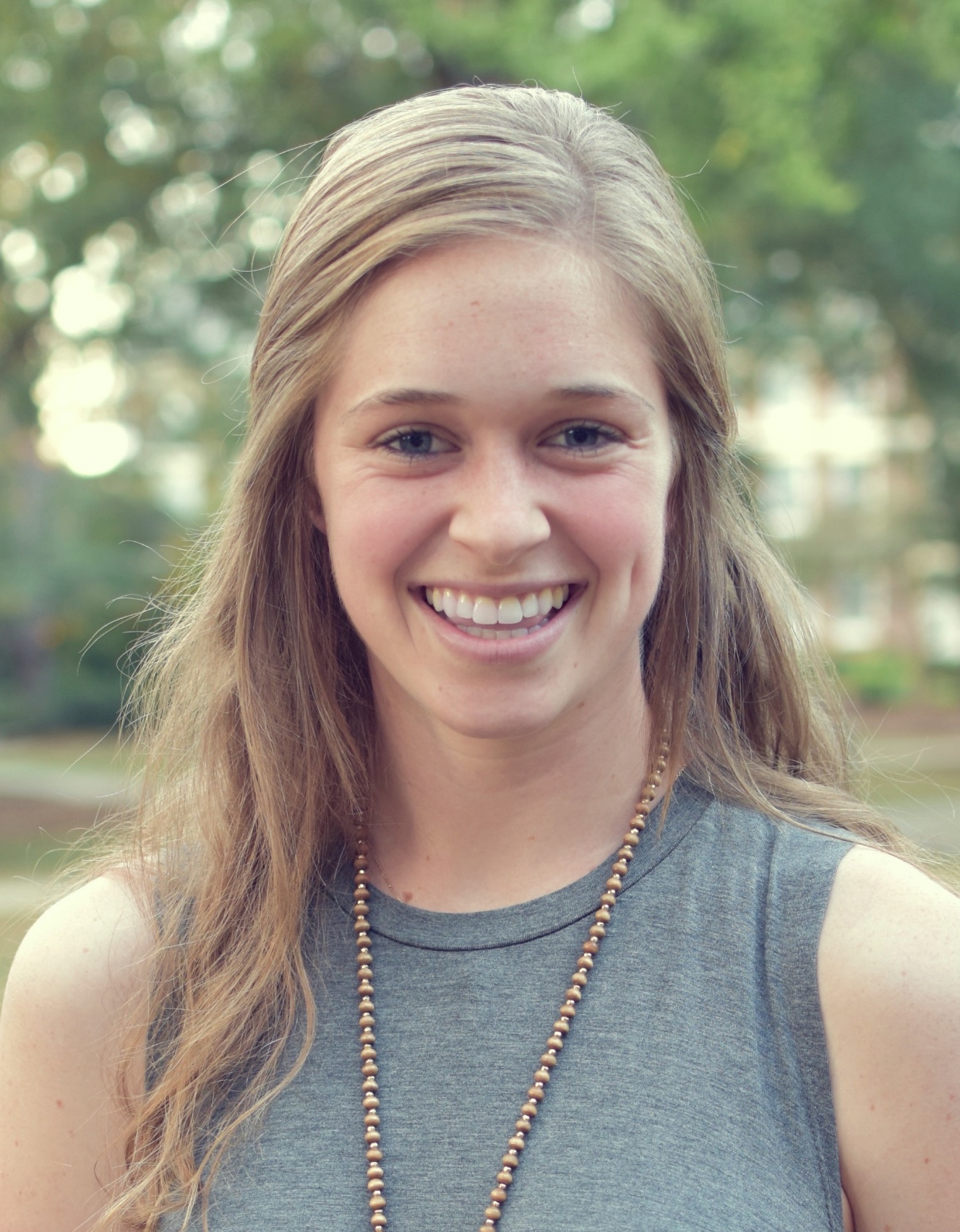
“My undergraduate and graduate programs provided opportunities for me to study and live in Africa–specifically, Tanzania and Madagascar. My experiences in those countries shed light on the interconnectedness of the environment and human health and even more so on the climate change injustices occurring in developing countries. Knowing that the choices we make here in the U.S. disproportionately affect poor and vulnerable countries in other parts of the world, I’ve adopted several science-inspired sustainable behaviors in my day-to-day life. The IPCC’s recent report on Climate Change and Land further motivated me to eat less meat and follow a plant-based diet a few days per week. Recent science from organizations such as Project Drawdown inspired me to become more involved in climate solutions and actions on Emory’s campus: I am currently interning for the Office of Sustainability Initiatives, serving as co-president of Emory’s Climate Analysis and Solutions Team, and recently applied to serve as an Emory delegate to the 2019 United Nations Framework Convention on Climate Change (UNFCC). My hope in taking some of these small-scale climate actions is to inspire others to take initiative and do what we can as individuals to collectively make a difference.” – Emily Strahan, OSI Intern, MS in Environmental Science at Laney Graduate School, Class of 2020
__________________________________________________________________________________
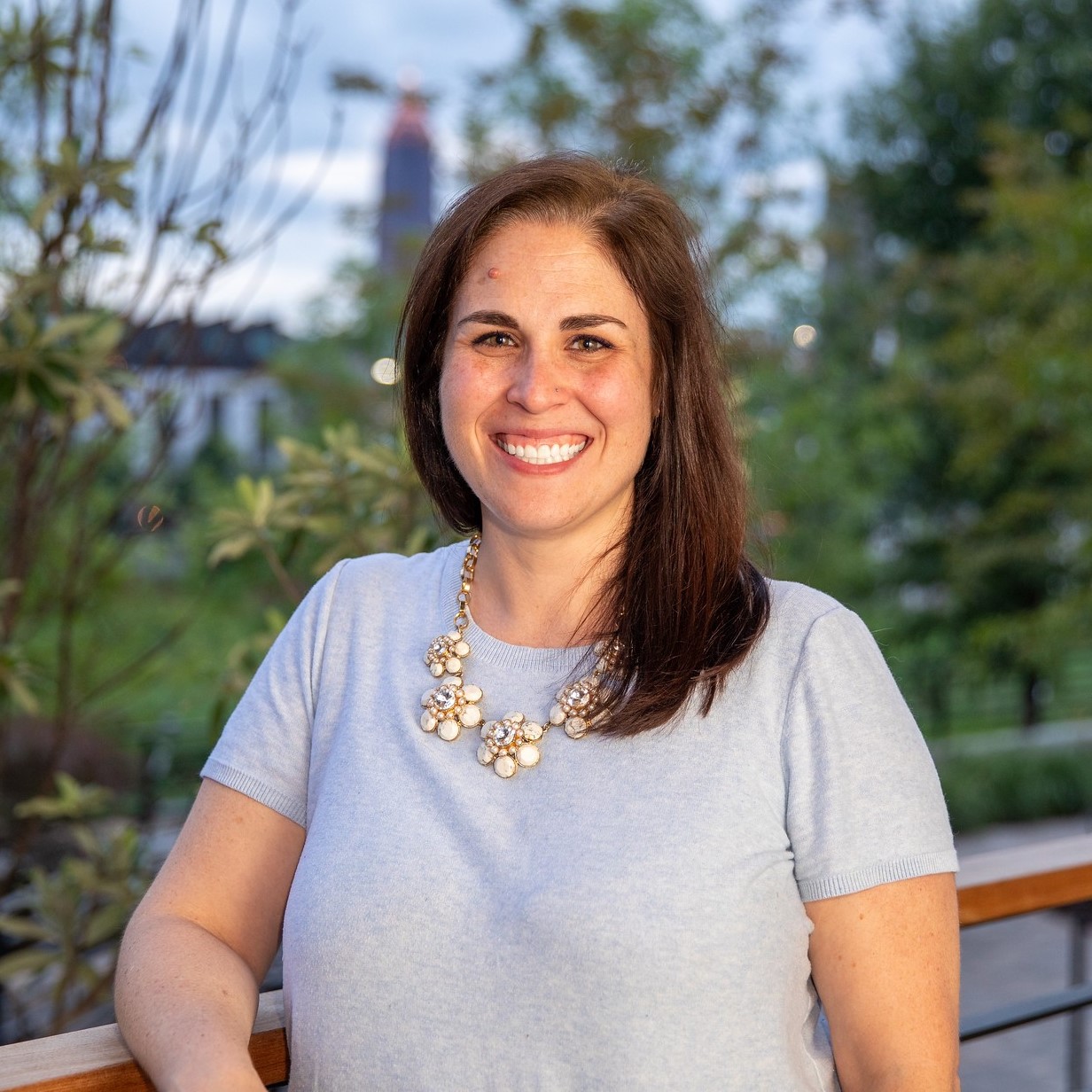
“Ever since I learned about how much water is used in the process of making new materials and the impact that non-biodegradable products is having on our planet, I not only recycle everything I can but also reduce the amount of new products I’m purchasing that require recycling of some kind or are non-recyclable/non-biodegradable (less plastic waste, etc.)” – Amelia Randall, Director, Programs – Finance & Academic Administration, Building Sustainability Representative
__________________________________________________________________________________
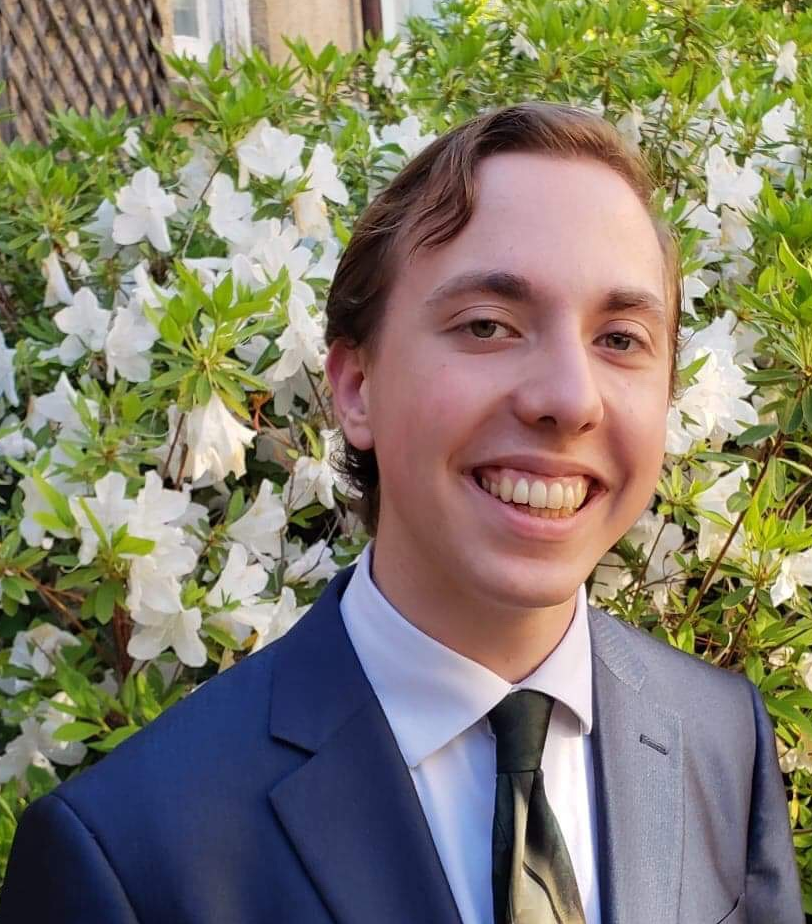
“Learning about the environmental impacts of the dairy industry, including greenhouse gas emissions, runoff and eutrophication from fertilizer used to feed dairy animals, land use issues/deforestation, and more inspired me to transition from vegetarianism to veganism. This transition has helped me reduce my personal impact on the environment, and it’s been much easier than expected, especially after coming to Emory and gaining access to the excellent vegan dining options on campus.” – Jack Miklaucic, Emory College Class of 2023, Environmental Science and Philosophy, Politics, and Law double major
__________________________________________________________________________________
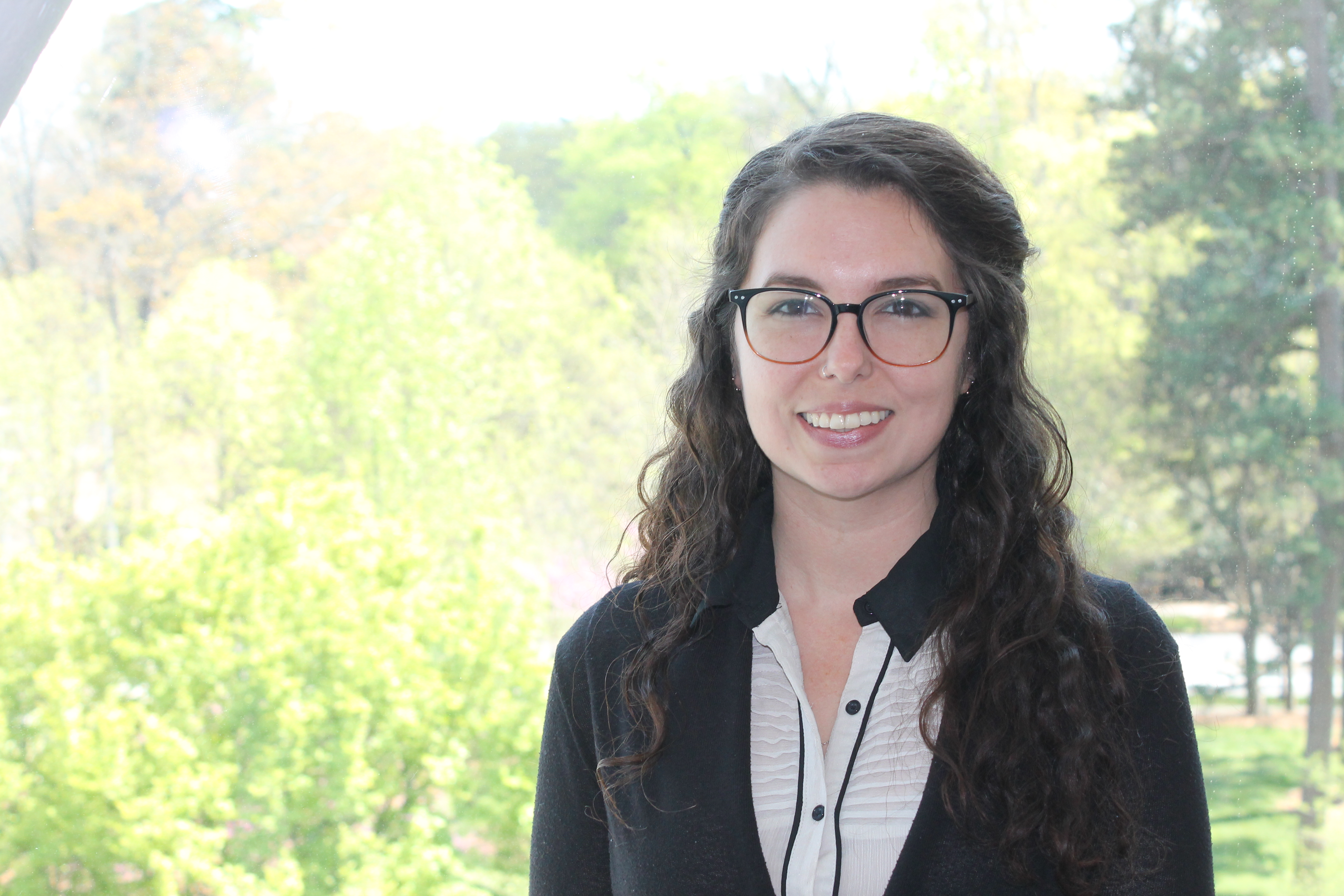
“I have been practicing sustainable recycling and waste reducing since I was a little kid. As soon as I learned about the Zero Waste Ambassador program at Emory, I signed up immediately and have been participating frequently in events. The information they publish and that OSI does is super informational in terms of the impact that this new initiative is having at Emory. I have been using their resources to better guide my own practices of reducing waste and composting. My father led a recycling initiative in my hometown: he was a community organizer who started a community recycling program. He recruited me and my brother to spread the word. I am really happy that Emory is taking charge in sustainability practices, and happy it’s having a positive impact. Everyone seems engaged including students and staff.” – Maria Cordero, Clinical Research Coordinator, Zero Waste Ambassador
__________________________________________________________________________________
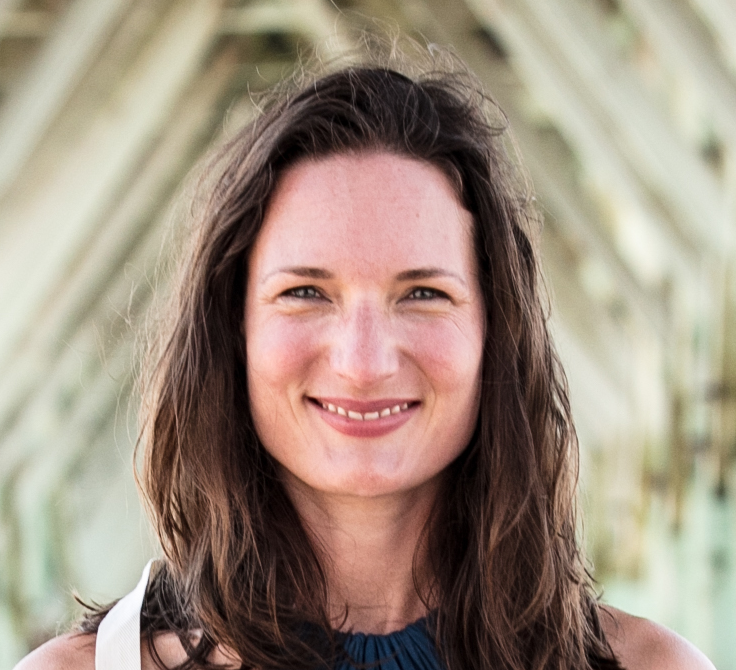 I have been raised to be mindful of the environment by choosing alternatives to the car and creating less trash. As I learn more about the different areas of sustainability and how the things we do and buy affect the environment and the people in it, I continue to make adjustments to limit my carbon footprint and other environmental damages. I do not eat meat, generally avoid foods that have a high carbon footprint and try to purchase produce from local farms that are sustainable for the farmer and the environment. I approach resources the way I think my grandmother would have for example by not wasting food, not buying things I do not need and buying used where feasible. – Eva Stotz, Academic Coordinator, Department of Anthropology
I have been raised to be mindful of the environment by choosing alternatives to the car and creating less trash. As I learn more about the different areas of sustainability and how the things we do and buy affect the environment and the people in it, I continue to make adjustments to limit my carbon footprint and other environmental damages. I do not eat meat, generally avoid foods that have a high carbon footprint and try to purchase produce from local farms that are sustainable for the farmer and the environment. I approach resources the way I think my grandmother would have for example by not wasting food, not buying things I do not need and buying used where feasible. – Eva Stotz, Academic Coordinator, Department of Anthropology
__________________________________________________________________________________
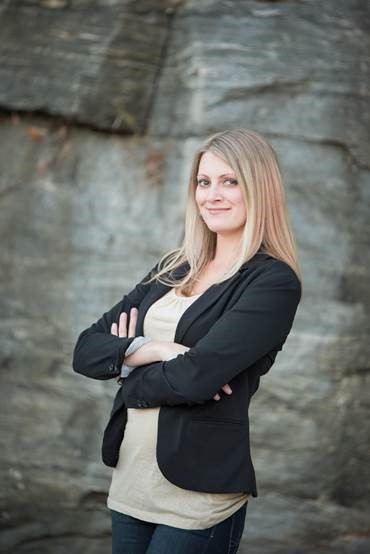 Working closely with OSI on sustainability efforts within the Division of Animal Resources, I have learned much about decreasing my carbon footprint on campus. This has led me to take many of my on-campus efforts home, reducing my household carbon footprint. Meatless Mondays are always a hit with the kids; we have expanded to vegetarian menu to several days. Energy consumption is decreased by unplugging vampire electrical loads, turning off lights in unoccupied rooms and using natural light as much as possible. Furniture purchases are thoroughly researched, ensuring everything is sustainable. The whole family carries reusable grocery bags and reusable water bottles everywhere we go. We make our own household cleaners and detergents.
Working closely with OSI on sustainability efforts within the Division of Animal Resources, I have learned much about decreasing my carbon footprint on campus. This has led me to take many of my on-campus efforts home, reducing my household carbon footprint. Meatless Mondays are always a hit with the kids; we have expanded to vegetarian menu to several days. Energy consumption is decreased by unplugging vampire electrical loads, turning off lights in unoccupied rooms and using natural light as much as possible. Furniture purchases are thoroughly researched, ensuring everything is sustainable. The whole family carries reusable grocery bags and reusable water bottles everywhere we go. We make our own household cleaners and detergents.
All compostable items are placed into one of several bins in our back yard. Items not recycled by the county such as single use plastics and glass are brought to Emory’s recycling center. I have implemented a recycling program with my neighbors for the holiday refuse. Neighbors are asked to set aside all their hard to recycle plastics and I bring them to Emory’s Community Recycling after the holiday. It is wonderful to look down the street for the first trash pickup of the year and see very few extra bags of trash.
I look forward to continuing to work with Emory’s Office of Sustainability Initiatives in the years to come. So much has been learned and I am excited to continue down the path of sustainability. – Maya Meeks, Veterinary Technician and Sustainability Representative, Emory School of Medicine
